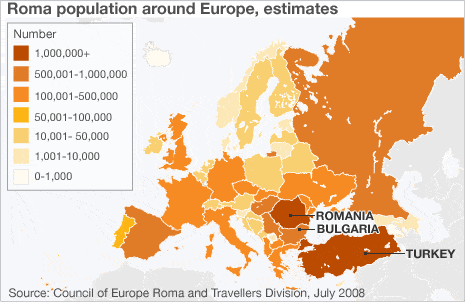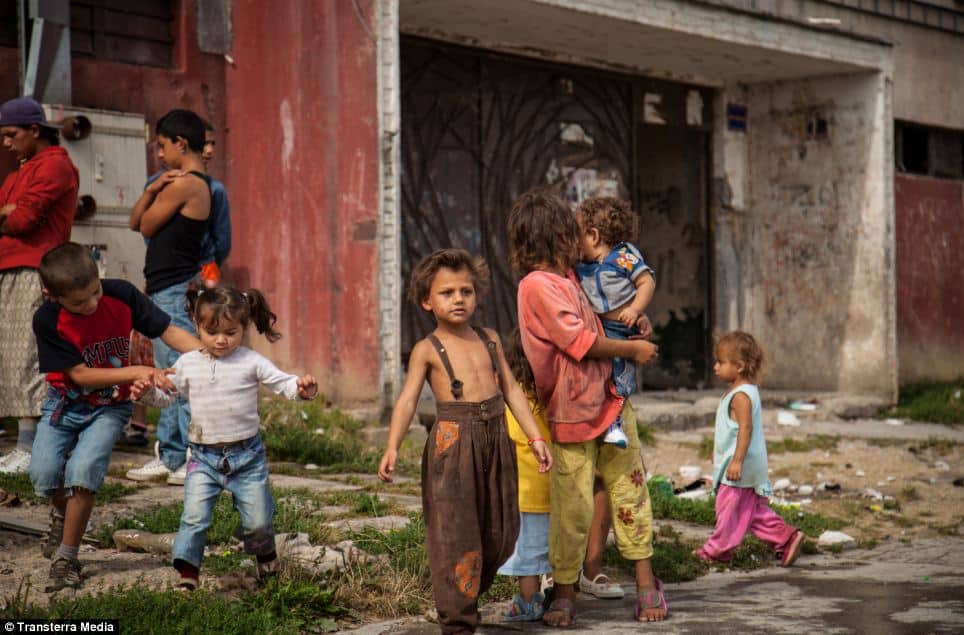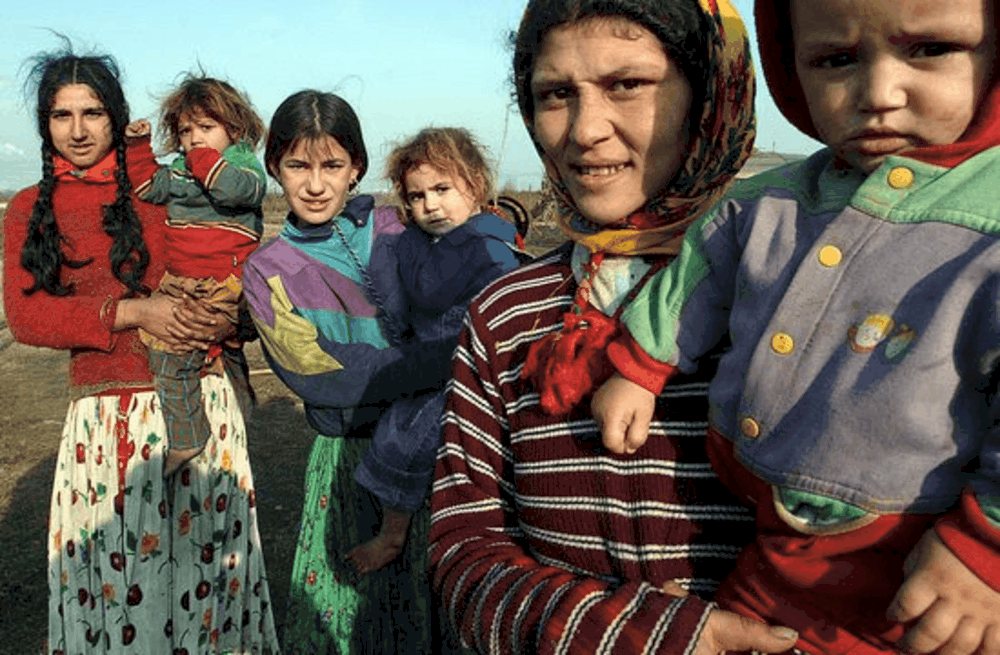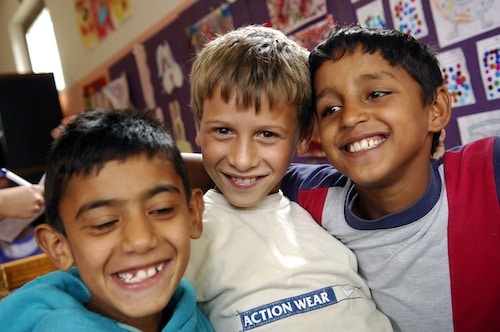Roma people represent around 12 million of Europe’s overall population and Bulgaria is home to the third largest population of Roma in the world. We see this reflected in the large population of Roma children in need of families in Spence-Chapin’s Bulgaria adoption program. Though the Roma are an estimated 5% to 10% of the general population in Bulgaria, around 60% of the children in need of permanent families are of Roma descent. Why are such a large number of Roma children in need of adoptive families?
To begin scratching the surface of why many Roma children are waiting for families in Bulgaria, exploring the larger scope of Romani history is an important first step. The Roma make up the largest and most vulnerable ethnic group in Europe. After migrating from India over a thousand years ago, the Roma people have endured oppression and discrimination. Yet quite remarkably, they have been able to preserve Romani language and culture. You may be more familiar with a commonly used term for Roma – “gypsy”. This term is an outdated and historically inaccurate word stemming from a time when Roma people were thought to have come from Egypt. As the term has negative and derogatory connotations, the most widely accepted term today is Roma.
Centuries of structural discrimination and social exclusion have led to the difficulties that Roma people are faced with today, leaving Roma children vulnerable and, at times, in need of loving homes outside of their birth families. The most prevalent issues faced by Roma families include discrimination, poverty, and limited access to education and medical care. While it can be difficult to picture the realities of what social exclusion may look like for a Roma child in Bulgaria, poverty is the most common reason Roma children are over-represented in child care facilities. The World Bank estimates that the poverty rate for families of Roma descent is 6.7 times greater than non-Roma in Bulgaria. Housing conditions illustrate a powerful snapshot of what living in poverty can look like for a Roma family. While sewage and water supply are available to 93% of the Bulgarian population, 50% of Roma families have no sewage and over 30% of families do not have access to a water supply system.
Regular school attendance can be difficult for Roma children due to circumstances caused by poverty. Issues include a lack of transportation, caring for younger siblings and experiencing discrimination in the school system. Teenagers who experience unplanned pregnancy are also faced with difficulties not only in school attendance but also with their health due to a lack of medical care access. This culminates in only 13% of Roma people with high school diplomas compared to 87% of employed non-Roma Bulgarians.
Lower levels of education lead to higher levels of unemployment and combined with the discrimination faced when seeking work, the Roma experienced an unemployment rate of 59% in 2010 while the national average for unemployment in Bulgaria was 11.6%. Since joining the European Union in 2007, many Roma who have not been able to find employment in Bulgaria have migrated to other European countries for job opportunities. This can create a difficult decision for parents who may not be able to parent their children as they leave the country and then choose to make an adoption plan.
Another factor in the over-representation of Roma children who are adopted internationally highlights the discrimination the Roma people receive within Bulgaria. If a child cannot be raised with their birth family, it is the best choice for a child to be placed with an adoptive family in their home country. Due to a long history of falsely held beliefs and discrimination against the Roma population, Bulgarian families may choose to adopt ethnic Bulgarian children, leaving Roma children waiting longer to be placed with an adoptive family in their home country.
Hundreds of years of oppression have created an environment where Roma children are more vulnerable to factors that leave children in need of a family. While the reasons any Roma child in Bulgaria are in need of a family are complex, Spence-Chapin’s mission is simple – to find families for the most vulnerable children. We are committed to the idea that all children deserve a forever family, regardless of their age or medical condition. There are thousands of school-age children, sibling groups, and children with special needs languishing in orphanages and foster care in Bulgaria. These children blossom when given the opportunity, support, and resources to live within the stability and safety of a permanent loving family.
To learn more about adoption through our Bulgaria program or to view profiles of Waiting Children in Bulgaria ready to be immediately matched with an adoptive family today, contact us at 212-400-8150 or at info@spence-chapin.org..




![romanogrenci[1]](https://spence-chapin.org/wp-content/uploads/2019/10/romanogrenci1.jpg)






